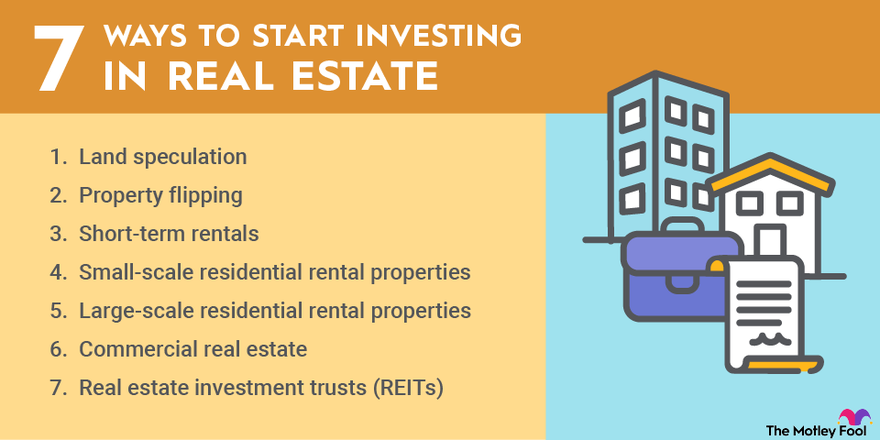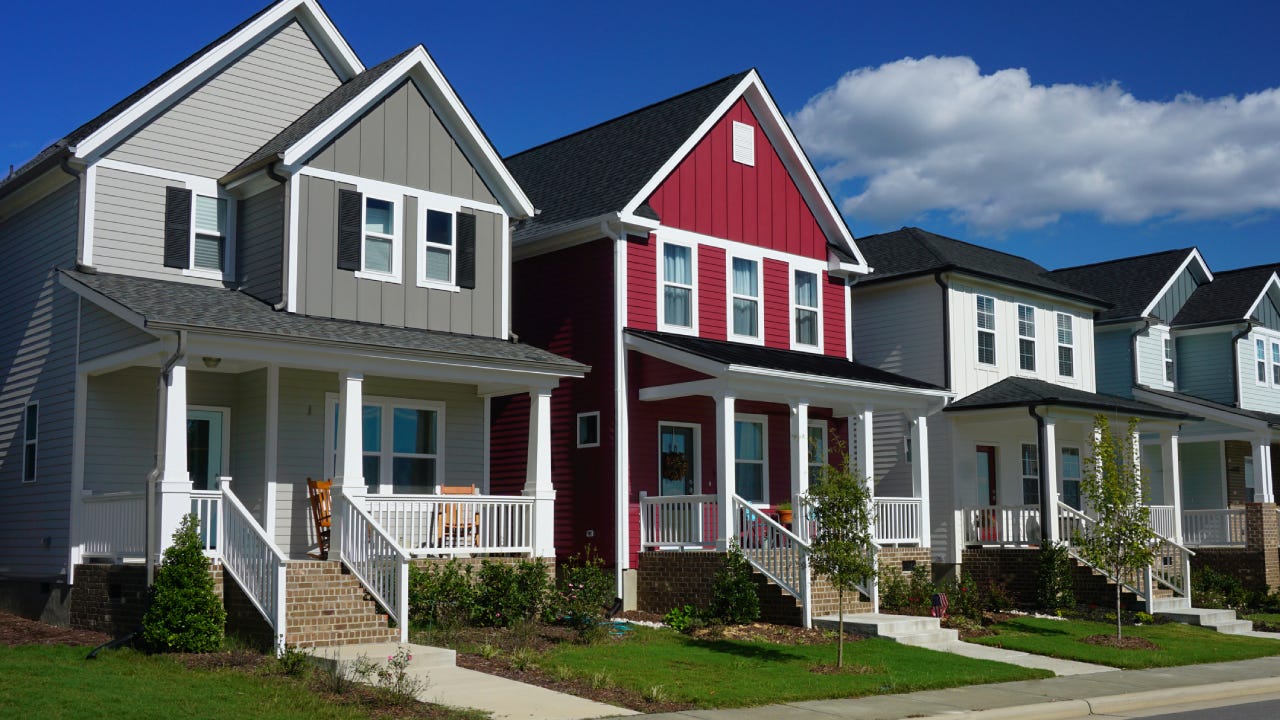Unlocking the Potential of Real Estate Lockhart for Property Investors
Unlocking the Potential of Real Estate Lockhart for Property Investors
Blog Article
The Future of Property: Patterns and Opportunities to Enjoy
As the actual estate landscape evolves, it ends up being increasingly vital to recognize the arising patterns and chances that will define the sector in the coming years. With these dynamics at play, a more detailed examination of the approaches and adaptations necessary for success reveals intriguing possibilities that could improve financial investment methods and market actions.
Technological Developments in Real Estate
In current years, the genuine estate market has embraced a wave of technical technologies that are transforming typical practices. One of the most significant technologies is the rise of big data analytics, which permits actual estate professionals to assess market trends, forecast building values, and identify investment possibilities with unmatched accuracy.
In addition, virtual reality (VR) and augmented fact (AR) innovations are transforming home advertising and marketing by providing immersive experiences for possible buyers and lessees. These devices enable clients to conduct online trips of homes, thus simplifying the search process and boosting customer involvement. Blockchain innovation is acquiring grip as a means to secure deals and keep transparent documents, therefore minimizing fraud and expediting the closing process.
Smart home technologies are also ending up being increasingly common, enabling property owners to keep track of and regulate their buildings remotely (Real Estate Lockhart). Jointly, these technological technologies are reshaping the landscape of actual estate, cultivating a more efficient, transparent, and customer-centric sector
Demand for Lasting Properties
As customers progressively focus on ecological duty, the need for sustainable residential or commercial properties has surged in the property market. This change mirrors a broader societal fad toward sustainability, with homebuyers and financiers looking for residential properties that decrease eco-friendly effect while taking full advantage of energy performance. Functions such as photovoltaic panels, energy-efficient appliances, and sustainable structure products are now deemed essential as opposed to optional.

Furthermore, the rise of environmentally friendly communities, which prioritize walkability and accessibility to public transportation, better emphasizes this trend. These developments attract eco mindful buyers and advertise a much healthier way of living.
As the demand for sustainable residential or commercial properties continues to rise, sector stakeholders should adapt to these assumptions. By embracing cutting-edge techniques and prioritizing sustainability, the realty industry can not just satisfy customer need yet likewise add to a much more sustainable future.
Changing Customer Demographics

Furthermore, the maturing populace is reshaping need for real estate. Infant boomers are seeking downsized houses that supply availability and low maintenance, commonly favoring metropolitan setups with close-by facilities. This shift demands a concentrate on multi-generational housing services that fit varying requirements.
Additionally, cultural variety is playing an essential function in actual estate patterns. As these demographic changes proceed to develop, genuine estate specialists have to adjust their approaches to deal with the needs of these varied customers (Real Estate Lockhart).
Surge of Remote Work Effect
Progressively, the increase of remote work is transforming the property landscape, motivating substantial changes in buyer choices and location options. As employees enjoy the flexibility of working from home, several are reevaluating their household requirements, leading to a surge in demand for buildings in country and rural locations. This trend is largely driven by the need for more large living settings that can accommodate office and a much better top quality of life.
In addition, city centers, once the focal point for buyers, are seeing a gradual decrease in demand as individuals prioritize cost and accessibility to nature. Genuine estate programmers and capitalists are changing their emphasis towards homes that use home workplace rooms, outdoor facilities, and proximity to important solutions.
This advancing landscape demands a reevaluation of conventional market strategies. Property experts should adjust to the transforming choices of purchasers, highlighting the value of lifestyle elements in their advertising strategies. Additionally, home builders are significantly prioritizing adaptable floor plans that cater to the double needs of living and working, guaranteeing that they remain affordable in a quickly changing market. The implications of remote job on actual estate are extensive, forming future fads and possibilities.
Investment Opportunities in Arising Markets
Investment possibilities in emerging markets are continually bring in focus from real estate financiers seeking diversification and growth potential. These markets, identified by rapid financial advancement, boosting urbanization, and a growing center course, existing unique prospects for savvy capitalists. Nations in Southeast Asia, Africa, and Latin America are experiencing More Bonuses substantial framework renovations and beneficial government try this web-site policies, which even more boost their allure.
Property fields such as residential, commercial, and logistics are experiencing heightened demand because of urban migration and progressing consumer choices. Significantly, cities like Ho Chi Minh City, Nairobi, and Medellín are ending up being hotspots for financial investment due to their increasing economic situations and younger demographics.
Financiers need to carry out complete market analyses to determine essential patterns, such as changes in populace characteristics and financial stability, which can influence home values. Additionally, partnerships with local real estate companies can promote effective access and navigating in these markets.
Nonetheless, it's important to be mindful of potential threats, including political instability and governing challenges. By weighing these elements and embracing a long-lasting point of view, financiers can efficiently maximize the lucrative opportunities arising in these establishing areas.

Conclusion
In verdict, the future of actual estate will be dramatically affected by technological innovations, a growing focus on sustainability, and developing purchaser demographics. Navigating this changing landscape will call for critical partnerships and a keen understanding of market dynamics to take advantage of on the fads shaping the industry.
As the real estate landscape evolves, it becomes increasingly necessary to recognize the arising patterns and chances that will define the industry in the coming years. One of the most significant developments is the increase of big information analytics, which permits genuine estate professionals to evaluate market fads, forecast residential property worths, and determine investment chances with unmatched precision.As consumers increasingly focus on ecological responsibility, the other need for sustainable residential properties has risen in the real estate market. The effects of remote work on actual estate are extensive, shaping future fads and opportunities.
Investment opportunities in emerging markets are consistently bring in interest from real estate financiers looking for diversity and growth potential.
Report this page